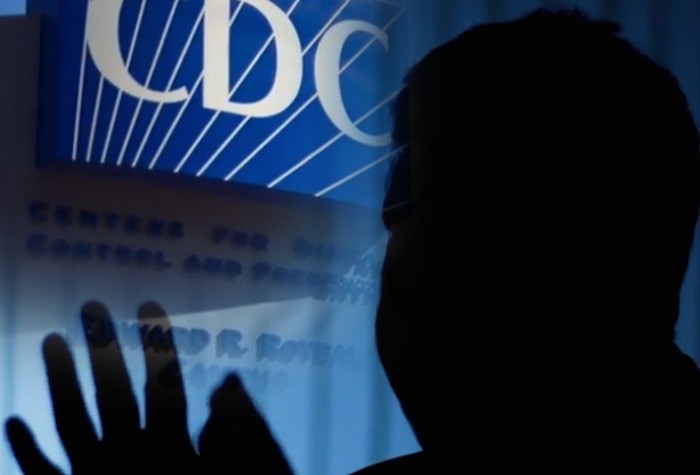
In recent years, a small but vocal group of parents have decided to either limit the number of vaccines their children receive, or to not immunize their children at all according to recommended national guidelines. Some are concerned about ‘vaccine load,’ and believe that their infants’ still-developing immune systems can get overwhelmed by multiple shots that they receive during one visit to the pediatrician. Others continue to doubt the safety of the immunizations themselves, worried about a connection between the vaccines and a higher risk of autism. But none of these reasons are supported by solid scientific evidence; recent studies showed that receiving several vaccines on a single day was not associated with a higher risk of autism, and the researcher responsible for raising the alarm about shots and autism was discredited.
In the US, from January 1 to June 16, 2014, there have been nearly 10,000 cases of pertussis, or whooping cough, confirmed by the US Centers for Disease Control and Prevention (CDC). This is a 24 percent increase compared to the same time period in 2013. The CDC maintains that the best way to prevent pertussis is to get vaccinated, but this deserves a closer look.
CDC data shows 84 percent of children under the age of 3 have received at least FOUR DTaP shots and yet, despite this high vaccination rate, whooping cough still keeps circulating among both vaccinated and unvaccinated individuals.
Nearly One-Fifth of Vaccinated Children Develop Whooping Cough
Researchers from the University of Oxford followed 279 children, aged 5 to 15 years, who visited their doctors due to a persistent cough lasting two to eight weeks. Twenty percent of the children were diagnosed with whooping cough, including 18 percent who were …
The researchers of the Pediatrics study compared the number of intentionally unvaccinated children who entered kindergarten from 2005 to 2010 to the onset of the whooping cough outbreak in 2010. They were able to identify 39 regional clusters of kids with non-medical reasons for being unvaccinated, and two clusters that were significantly related to rapid spread of whooping cough. Children who are intentionally not vaccinated and become infected with diseases like measles or pertussis, can pass the illness on to those who can’t be immunized, such as babies under six months and those with compromised immune systems, such as cancer patients.
Please Read this Article at Articles.Mercola.com





Leave a Reply